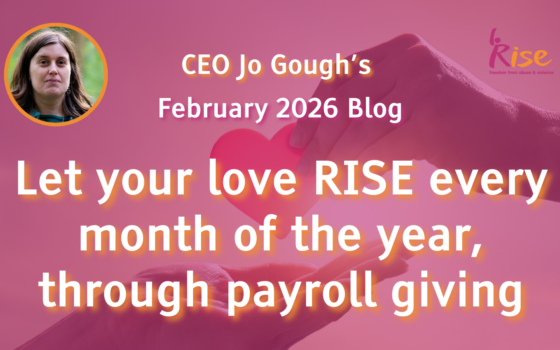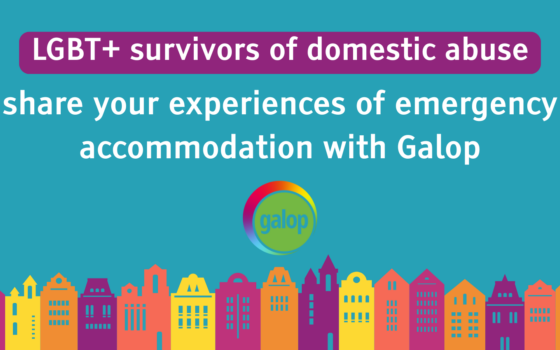Women who are refugees are particularly vulnerable, and face unique challenges around domestic abuse. They have specific needs and it's important that professionals see not just the victim/survivor but the refugee as well.
These women may have 'no recourse to public funds' which means they get no benefits. Refuge places are often paid for by housing benefit, so if a woman is unable to claim housing benefit, she may be unable to leave an abusive situation, and access a safe place to live. read more on this from Southall Black Sisters and Surviving Economic Abuse.
Refugee women may also be more at risk of so-called honour based violence. They may have limited English language skills, or limited ability - through limited money or confidence, or because of cultural expectations - to travel independently, meaning that they struggle to find and access support. Women who are refugees may take a family member to meetings and appointments, to translate for them - if they are embarrassed to share details with that family member, or if that family member does not want to share information about about with professionals, that message may not get translated.
A few years ago, research report - the ESRC-funded Justice, Inequality and Gender-Based Violence - found that refugee and immigrant women who were victims of violence experience the least justice. This vulnerable group of women need focused support and protection.
Black women and women from other minoritsed communities can access specialist support on our website - this is available in Arabic, Bengali, Chinese, Farsi, Polish and Urdu as well.


